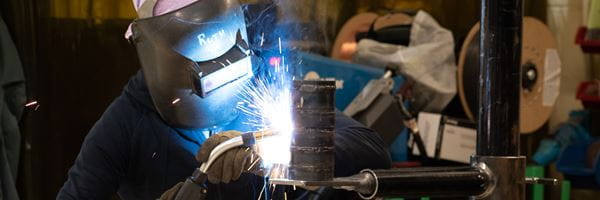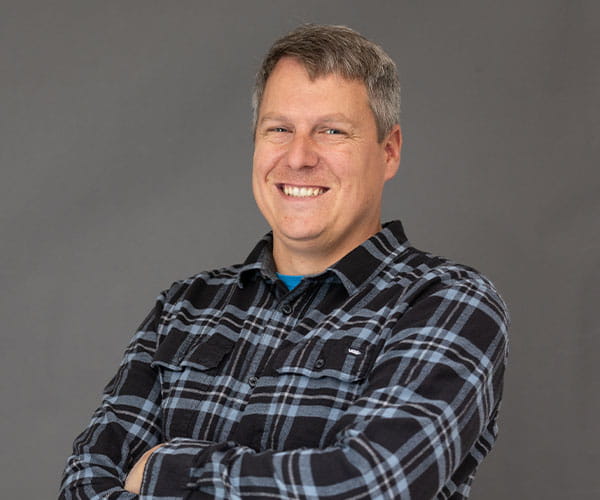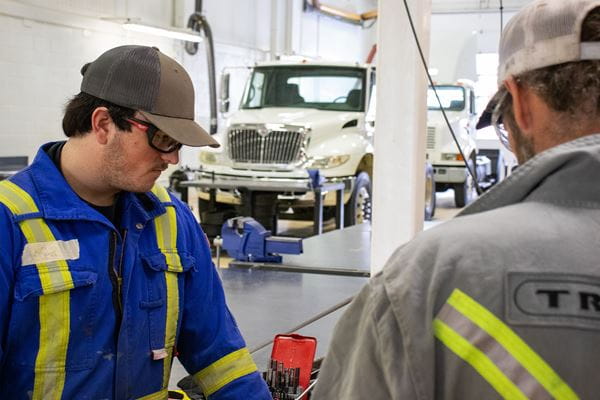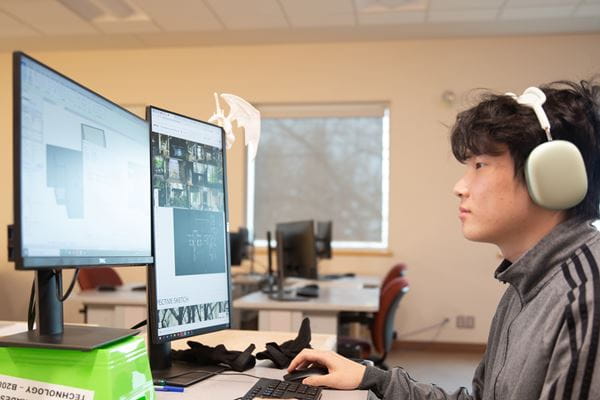Earn your Power Engineering Technology diploma
Power engineering is a challenging field of study that supports the supervision, operation and maintenance of machinery and systems.From boilers and turbines to generators and pressure vessels, power engineers are responsible for the safe and efficient operation of the equipment and related controls that provide power, heat, refrigeration and other utility services to industrial and commercial facilities.
If you enjoy controlling and operating manual and automated systems, analyzing information and solving problems, and having clear rules and organized methods for your work, power engineering may be a good fit for you. People drawn to this field tend to have a mechanical and electrical aptitude, good eye-hand co-ordination and an ability to work well with others in a team environment.
With MHC’s modern, state-of-the-art lab with an actual plant environment and small class sizes, you’ll gain ample operating time and relevant industry experience.
Upon completion of our two-year diploma program, graduates achieve second class level and are able to write the first part of their second class exams.
High School
- ELA 20-1 or ELA 20-2 (min 60%)
- Math 30-1 or Math 30-2 (min 60%)
- Physics 20 (min 60%)
Mature Student
- ELA 20-1 or ELA 20-2 (min 60%)
- Math 30-1 or Math 30-2 (min 60%)
- Physics 20 (min 60%)
First Year
Block 1 (September - November)
- PLAB 116 - First Lab
- PLAC 111* - Work Practicum
- POWE 161 - Introductory Mechanics & Thermodynamics, Legislation and Safety
- POWE 162 - Introductory Electricity and Instrumentation, Materials, Welding and Safety
- POWE 163 - Introduction to Boilers, Environment, Communication
Block 2 (December - February)
- PLAB 117 - Second Lab
- POWE 166 - Lubrication, Pumps, Compressor, Boiler Safety and Operation
- POWE 167 - Maintenance, Water Treatment, Prime Movers/Engines and Auxiliary Building Systems
- POWE 168 - Refrigeration & Air Conditioning and Types of Plants
Block 3 (February - May)
- PLAB 118 - Third Lab
- POWE 151 - Intermediate Mechanics & Thermodynamics
- POWE 152 - Metallurgy
- POWE 153 - Codes & Drawings
- POWE 154 - Intermediate Electricity & Instrumentation
Second Year
Block 4 (September - December)
- PLAB 219 - Fourth Lab
- POWE 260 - Intermediate Boilers
- POWE 261 - Intermediate Prime Movers
- POWE 262 - Water Treatment & Special Equipment
Block 5 (January - April)
- POWE 265 - Advanced Boilers
- POWE 266 - Advanced Pumps & Water Treatment
- POWE 270 - Advanced Codes
- POWE 271 - Plant Installation & Management
- POWE 272 - Advanced Mechanics
- POWE 280 - Advanced Thermodynamics
- POWE 281 - Advanced Metallurgy
Graduates of this program will find employment opportunities with:
- Building Complexes
- Gas Plants
- Oil Refineries
- Petrochemical Processing Plants
- Fertilizer Production
- Power Generating Plants









